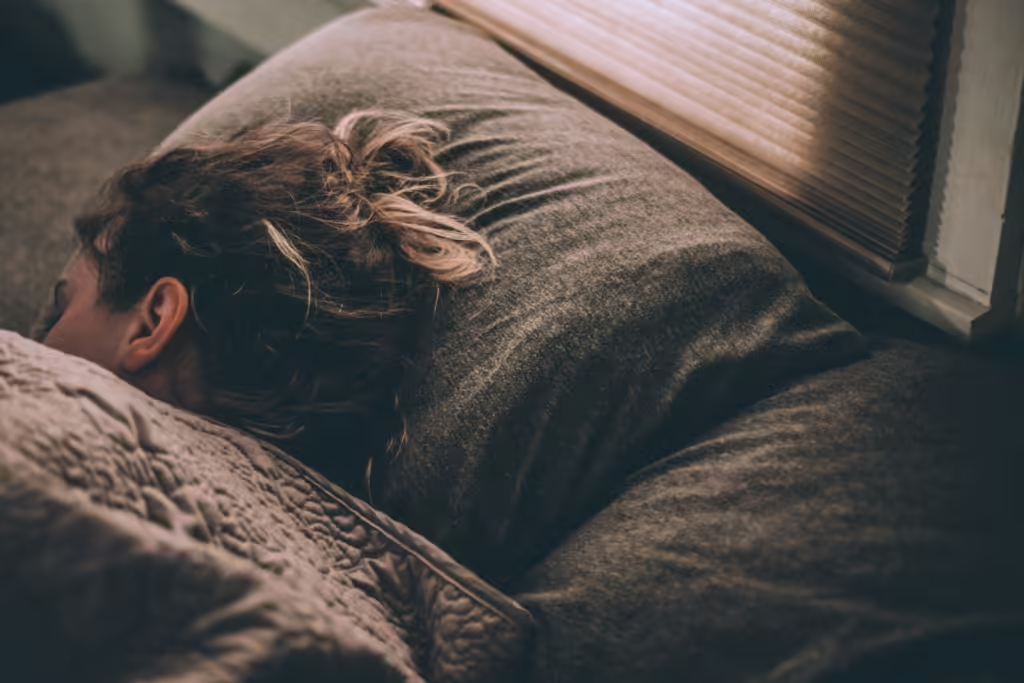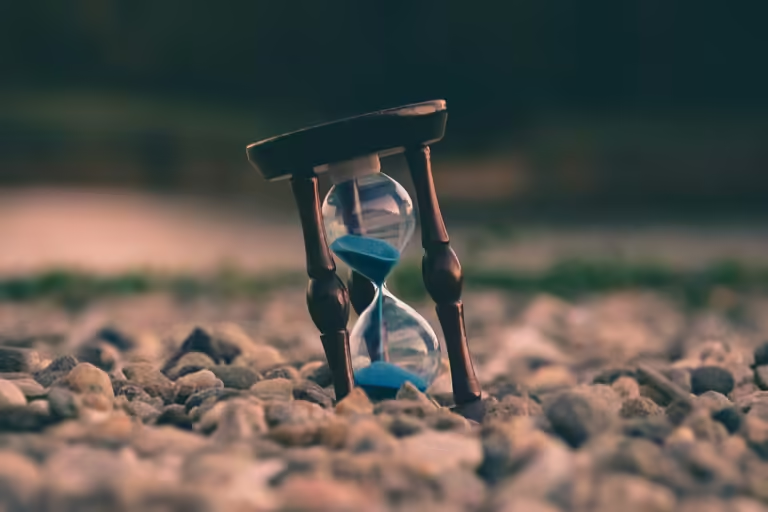Psychological Benefits of Embracing Minimalism in Daily Life

In a world filled with distractions, many of us feel overwhelmed by endless to-do lists, and the constant push to do and own more. It’s easy to lose ourselves in the chaos. But what if there was a way to regain control, clear the mental fog, and feel more at peace? That’s where minimalism comes in.
The benefits of embracing minimalism go far beyond just having a tidy home—it touches every aspect of your life, especially your mental and emotional well-being. By choosing to simplify and let go of the excess, you open the door to a more focused, peaceful, and fulfilling life. Minimalism isn’t just about owning fewer things; it’s about creating more space for the things that truly matter. Whether it’s better mental clarity, reduced stress, or improved focus, embracing minimalism can dramatically improve your quality of life.
In this blog, we’ll explore the powerful psychological benefits that come with adopting a minimalist lifestyle, and why it might be exactly what you need to thrive.
What is Minimalism?
Before diving into the psychological benefits, let’s clarify what minimalism really is. Minimalism is the practice of intentionally living with only the essentials. It’s about removing excess possessions, obligations, and distractions to make room for more meaningful experiences.
Minimalism encourages mindfulness. It asks you to evaluate your needs versus your wants. As the famous minimalist Joshua Becker says, “Minimalism is the intentional promotion of the things we most value and the removal of anything that distracts us from it.”
The Connection Between Minimalism and Mental Health
Our environments have a direct impact on our mental health. When our space is cluttered, our minds often feel cluttered too. By embracing minimalism, you create a cleaner, calmer environment. And this has a direct effect on your emotional well-being.
Studies show that people who live in cluttered spaces tend to experience higher levels of stress. When you remove unnecessary items, you also remove the mental burden that comes with them.
Psychological Benefits of Embracing Minimalism
Here are some powerful psychological benefits of embracing minimalism in our daily lives:
1. Reduced Stress and Anxiety
One of the most significant benefits of embracing minimalism is reduced stress. Imagine coming home to a clean, clutter-free space where everything has a purpose. It’s incredibly calming. You no longer have to worry about organizing or cleaning up unnecessary things.
Minimalism takes the “decision fatigue” away. When you own fewer items, you make fewer choices. This results in less mental exhaustion.
As Marie Kondo, a well-known expert on decluttering, says, “The question of what you want to own is actually the question of how you want to live your life.”
2. Enhanced Focus and Clarity

Another major benefit of adopting minimalism is increased focus. When our environment is free from distractions, our brains can concentrate better. With fewer visual distractions, your mind isn’t pulled in a hundred different directions.
For instance, a minimalist workspace, with just a laptop and a notebook, allows you to dive deeper into tasks without feeling overwhelmed. Your mental clarity improves, and as a result, your productivity skyrockets.
“Simple can be harder than complex: You have to work hard to get your thinking clean to make it simple. But it’s worth it in the end because once you get there, you can move mountains.” – Steve Jobs
3. Boost in Emotional Well-Being
Minimalism isn’t just about your physical space. It’s also about letting go of emotional baggage. When you embrace minimalism, you free yourself from the pressure of always wanting more. You learn to be content with what you have.
This contentment brings a profound sense of emotional well-being, which is actually our true wealth. You stop comparing yourself to others. You stop chasing after material possessions that don’t bring lasting happiness. Instead, you focus on experiences, relationships, and personal growth.
Psychologist Dr. Elizabeth Lombardo mentions,
“When we release attachment to material things, we reduce the stress they bring.”
4. More Time for Meaningful Activities
By adopting a minimalist lifestyle, you’re not just decluttering your home; you’re decluttering your time. Think about how much time is spent managing, cleaning, and organizing unnecessary items. When you have fewer things, you spend less time maintaining them.
This frees up time for activities that truly matter to you—whether that’s spending time with family, pursuing a hobby, or simply relaxing. The benefits of embracing minimalism extend to how you choose to spend your day.
As Leo Babauta, author of Zen Habits, says,
“Minimalism is about creating space to live your life without the chaos of clutter.”
5. Improved Decision-Making
Minimalism simplifies your decision-making process. When you’re constantly bombarded by options—whether it’s clothes in your closet or tasks on your to-do list—it can be overwhelming. Minimalism removes the excess, allowing you to focus on what’s truly important.
According to Barry Schwartz, author of The Paradox of Choice,
“The more choices we have, the more likely we are to feel anxious, uncertain, and unhappy.”
With fewer distractions, your mind can make clearer, more thoughtful decisions. You stop wasting energy on trivial choices and start focusing on the bigger picture.
6. Increased Sense of Control
One of the less-talked-about benefits of embracing minimalism is the sense of control it provides. When your space is filled with clutter, it can feel like your life is out of control. By minimizing, you take back control of your environment and, by extension, your mind.
When you consciously decide what stays and what goes, you’re taking charge. You feel empowered to make decisions that align with your values and goals.
Minimalism teaches us that we don’t need to control everything, but we can control how we react and manage our surroundings.
7. Better Sleep Quality

A disorganized room can affect your ability to sleep. It may not seem like a big deal, but clutter creates subtle mental chaos. When your environment is clean and minimal, your mind feels more at peace. This peace translates into better sleep.
Sleep experts often recommend decluttering your bedroom to improve sleep hygiene. With a minimal, tidy space, you’ll find it easier to relax and wind down at the end of the day.
As psychologist Penny B. Donnenfeld states, “Clutter bombards our minds with excessive stimuli, causing our senses to work overtime on stimuli that aren’t necessary.”
8. Greater Mindfulness
Minimalism encourages you to live in the present moment. When you strip away the excess, you start appreciating the simple joys of life. You’re not constantly distracted by the need to accumulate more or do more. Instead, you become more mindful of your surroundings, your actions, and your thoughts.
This mindfulness improves your mental clarity and emotional resilience. You begin to focus on what truly matters—your relationships, personal growth, and the experiences that bring you joy.
Minimalist advocate Courtney Carver once said, “Minimalism is the path that leads us to a life filled with what matters most.”
9. Increased Gratitude
By owning less, you start appreciating what you do have. Minimalism teaches you to be grateful for the things and experiences that genuinely bring value to your life. You stop craving for the next best thing and start valuing the present.
Gratitude is closely linked to happiness. When you stop chasing after more, you start noticing the little things that bring joy.
As author Sarah Ban Breathnach notes, “Gratitude bestows reverence, allowing us to encounter everyday epiphanies, those transcendent moments of awe that change forever how we experience life and the world.”
10. A Sense of Freedom

One of the most profound benefits of embracing minimalism is the sense of freedom it brings. You no longer feel weighed down by material possessions, commitments, or societal expectations. You’re free to live a life that aligns with your values and desires.
This freedom isn’t just physical; it’s mental and emotional too. You’re free from the constant pressure to keep up with trends, to accumulate more, or to please others.
Minimalism, in its essence, is about reclaiming your time, energy, and mental space.
Final Thoughts:
Minimalism is not a trend. It’s a mindset—a lifestyle that prioritizes what truly matters in life. By embracing minimalism, you reduce stress, gain clarity, and focus on what brings you joy. The benefits of embracing minimalism go beyond a tidy home; they impact your mind and soul.
As Gandhi wisely said, “Live simply so that others may simply live.”
In today’s world, where consumerism and excess rule, minimalism offers a path to inner peace. It helps you declutter your life and create room for what matters most: experiences, relationships, and personal growth.
Embrace minimalism, and see how it transforms not only your physical space but your mind and emotions too. The simplicity it brings will be your key to everlasting happiness.






